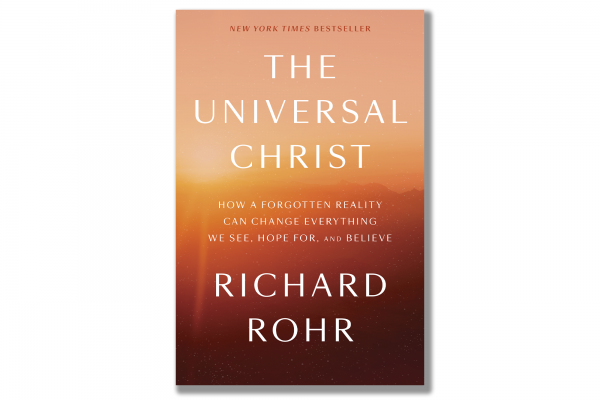WISDOM RARELY SURPRISES. More rarely does it shock or scandalize. Yet, with The Universal Christ, Richard Rohr, the Franciscan priest and founder of the Center for Action and Contemplation, aims to do both.
He starts with the Incarnation. Was it a startling, once-in-eternity event that explains Jesus Christ’s holiness? Rohr suggests instead that the Incarnation is the fundamental pattern for all creation. We live within, and are ourselves a party to, this ongoing incarnation—people, pets, and poppy seeds alike. Nothing lacks the divine impress. In this worldview, “a mature Christian sees Christ in everything and everyone.”
To underscore this view, Rohr provocatively disentangles the modifier “Christ” from “Jesus.” He reserves “Jesus” for Jesus of Nazareth. “Christ” is for the Divine Presence that has existed in all things since creation, both before and after Jesus of Nazareth demonstrated total, unrelenting acceptance of the divine.
Read the Full Article

